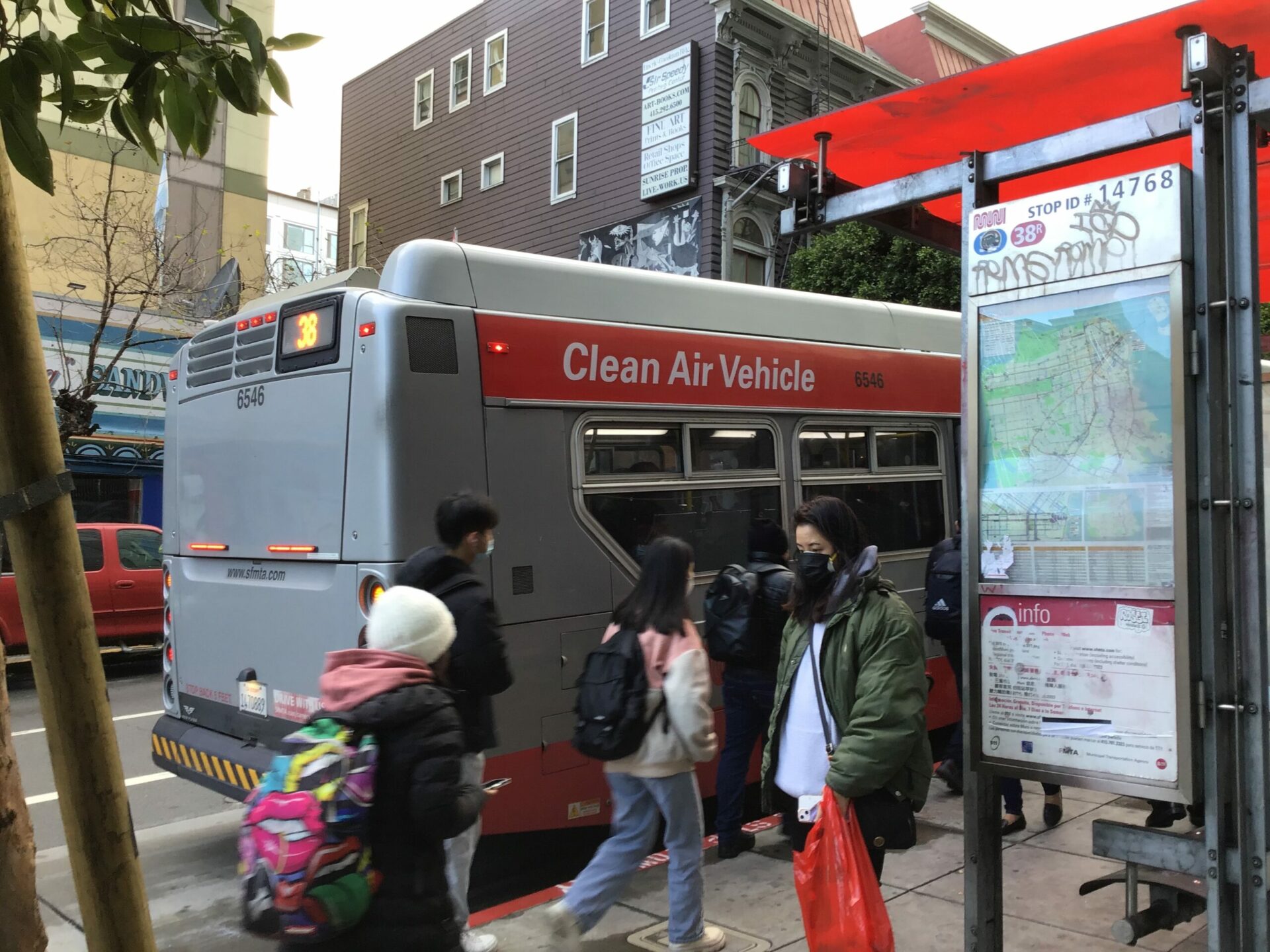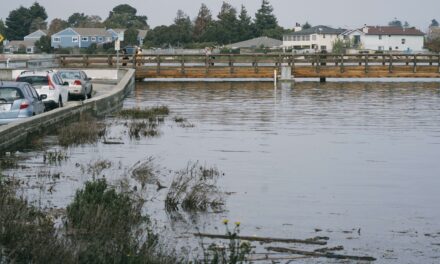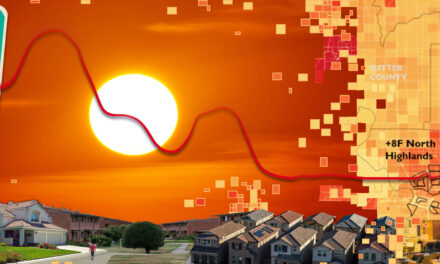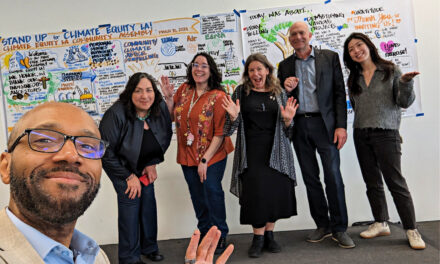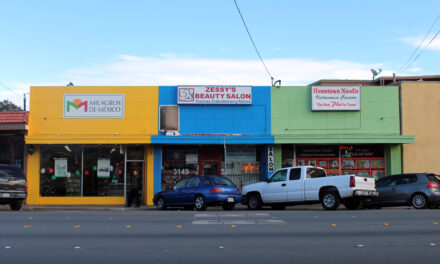San Francisco’s Subtle Greenwashing
by Dave Rhody and Bob Cooper | Jan 18, 2023
No San Francisco politician and no employee of any of the city’s 172 government agencies can succeed without being green. Their broad support for environmentally-friendly policies leads us to believe that San Francisco is doing an exemplary job in addressing climate change.
In some ways, it is. San Francisco’s new building decarbonization policies, for example, include strong legislation requiring all new construction to be fully electric. And the San Francisco Department of the Environment, known as SF Environment, is in the process of creating a Climate Equity Hub with a focus on educating the public on the personal and environmental advantages of home electrification and residential solar. In other ways, however, San Francisco is more talk than action.
An Underfunded Agency
SF Environment serves equally well as an example of what we have not been getting right. The management and staff are good people, well-qualified to lead our city’s Climate Action Plan. Yet 2022 was the first year that San Francisco allocated money to SF Environment from the city’s general fund.
Initiated by voter mandate in 1996 and now tasked with creating the city’s Climate Action Plan, SF Environment subsisted entirely on grant money until July 2022. It was then, after a hard-fought battle by climate activists and a few enlightened supervisors, that the department received $2.6 million of the $11 million they requested. Mayor London Breed’s original 2022-2023 budget included zero dollars for SF Environment
Clean Energy Greenwashing in Transit
A bigger example of San Francisco’s policies not living up to its climate action image is in transportation. Last summer, a hearing at City Hall led by Supervisor Myrna Melgar revealed that 2017 legislation mandating that key city departments electrify their fleets by the end of 2020 had largely been ignored. Fleet electrification of 14% was the best that any department accomplished.
The 2017 fleet electrification bill did not include San Francisco’s public transit authority. Though the SFMTA began to electrify its buses and trains decades ago, it too is falling short of the clean transportation image it cultivates. Still working toward an all-electric fleet of buses, the SFMTA continues to operate 500 buses fueled by ‘renewable diesel.’ On the side of every one of these buses is this proclamation in big block letters: “Clean Air Vehicle.” They are not.
Biofuels like renewable diesel may be cleaner than some alternatives but are not, by any means, clean. They may even be doing more harm than good. Researchers at the International Council on Clean Transportation calculate that the emissions from planting, fertilizing, harvesting, transporting, and refining the crops used to make biofuel are nearly as high as petroleum emissions. Prominent Princeton climate researcher Tim Searchinger has stated that biofuels are often worse for the environment than gasoline.
Citing Searchinger’s research, the Union of Concerned Scientists reported, “When crop-based biofuels contribute to deforestation or other damaging land conversions, the pollution benefits can be compromised or even eliminated, potentially producing a net increase in pollution.”
The latest reports are even more damning. In early August, the Council — the same group that busted Volkswagen for emissions fraud in 2015 — published a paper that links California’s skyrocketing biofuel use to escalating food prices, global food scarcity and deforestation. Yet San Francisco continues to promote biofuel as a clean energy solution.
Climate Goals Versus Climate Impact
The San Francisco Board of Supervisors unanimously passed a Climate Emergency Resolution in 2019, a resounding message that we have no climate deniers in city politics. This is reflected in the progress San Francisco has made. Our greenhouse gas emissions are now 41% lower than they were in 1990. By comparison, San Jose hopes to achieve 40% reduction by 2030, the same as the overall goal for the State of California. San Francisco’s new goal is to achieve net-zero emissions by 2040.
But so far, the pace of progress has failed to match the proclamations. Transportation currently represents 40% of our greenhouse gas emissions. If we continue to underfund SF Environment, if SFMTA buses continue to burn hundreds of thousands of gallons of ‘renewable diesel’ each year, and if we let city agencies continue to ignore climate legislation, we are unlikely to meet our new goal.
San Francisco government officials need to step up their efforts to make the city greener if they wish to avoid being called out for ‘greenwashing.’
Bob Cooper contributed to this Opinion.






